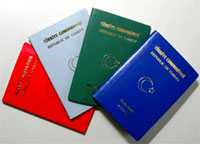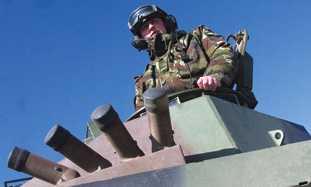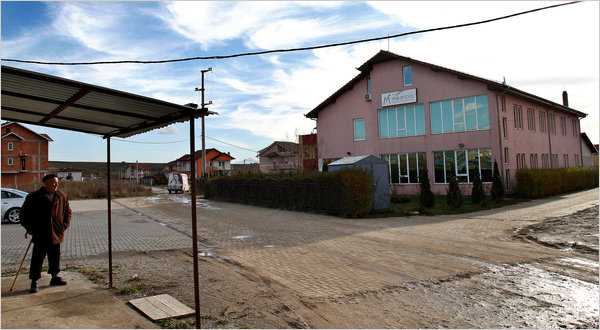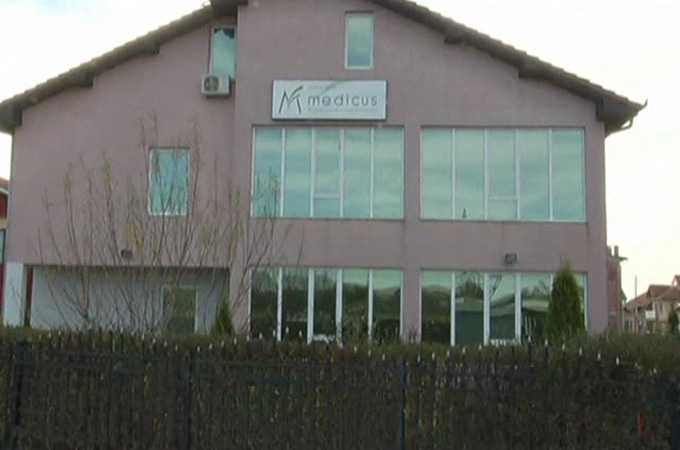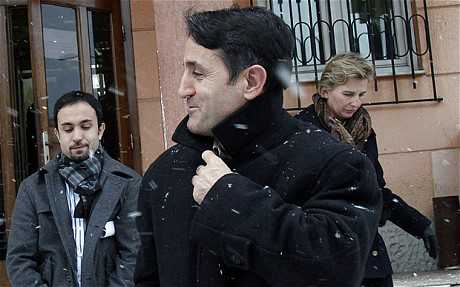 The men, including a former senior Kosovan Health Ministry official, promised poor people from Moldova, Kazakhstan, Russia and Turkey up to €14,500 (£12,300) for their organs.
The men, including a former senior Kosovan Health Ministry official, promised poor people from Moldova, Kazakhstan, Russia and Turkey up to €14,500 (£12,300) for their organs.
Those who received the organs – including patients from Canada, Germany, Poland and Israel – paid between €80,000 and €100,000 for them, Ratel said. The victims, however, were never paid, the European Union prosecutor Jonathan Ratel told Pristina District Court.
He alleged that the “organ-harvesting ring” recruited about 20 foreign nationals with false promises of payments in 2008.
The seven men have pleaded not guilty to charges ranging from trafficking in persons to unlawful practices of medicine and abuse of power. Two other suspects, a Turkish and an Israeli national, remain at large.
The prosecution has alleged that Kosovo surgeon Lutfi Dervishi, who is also linked to the Kosovo Liberation Army’s alleged kidnapping and killing of Serb civilians for their organs, is the ringleader of the group.
According to the court’s indictment, he attended a medical conference in Turkey in 2006 and asked for someone who could perform organ transplants. He was contacted by a Turkish man, Dr. Yusuf Sonmez, six months later.
Mr Dervishi and Dr Sonmez then allegedly carried out operations in a private medical clinic in the capital, Pristina, run by Mr Dervishi’s son, Arban, who has also been indicted.
The indictment says an Israeli citizen, Moshe Harel, was allegedly involved in identifying, recruiting and transporting victims and “ensuring the delivery of cash payments prior to surgery.”
Four other Kosovans, doctors Sokol Hajdini and Driton Jilta, and anaesthetists, Islam Bytyqi and Sylejman Dulla, are also indicted.
Dr Sonmez and Mr Harel are listed as wanted by Interpol.
Police were alerted to the network in November 2008, when a Turkish man, Yilmaz Altun, appeared exhausted at Pristina airport while waiting to board a flight home. When questioned by police, he said he had donated his kidney to an Israeli recipient. Kosovo law forbids the removal and transplant of organs.
All have denied the Kosovo court’s accusations.
Allegations of the Kosovo Liberation Army’s alleged trade in civilian organs stem from a book by U.N. War Crimes tribunal prosecutor Carla Del Ponte, based on information she has said she received from Western journalists.
In response to the allegations, Swiss senator Dick Marty led a Council of Europe team of investigators to Kosovo and Albania in 2009.
The council’s report is to be released to the public in France on Thursday.
The two year Council of Europe investigation also alleged that Kosovo’s prime minister, Hashim Thaci, was the head of an organised crime ring in the late 1990s that was involved in organ trafficking, assassinations and other crimes.
According to the draft report, Western powers were complicit in ignoring the activities of the crime ring headed by Mr Thaci.
“Thaci and these other ‘Drenica Group’ members are consistently named as ‘key players’ in intelligence reports on Kosovo’s mafia-like structures of organised crime,” the report said.
“We found that the ‘Drenica Group’ had as its chief – or, to use the terminology of organised crime networks, its ‘boss’ – the renowned political operator … Hashim Thaci.”
In an interview yesterday before the report was released, Mr Thaci said he would not tolerate corruption in his government.
Kosovo’s government on Tuesday described the report as baseless and defamatory.
via Kosovo physicians accused of organ trafficking racket – Telegraph.

